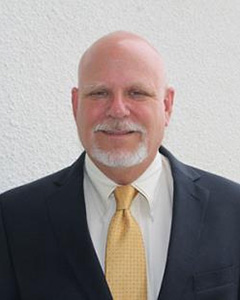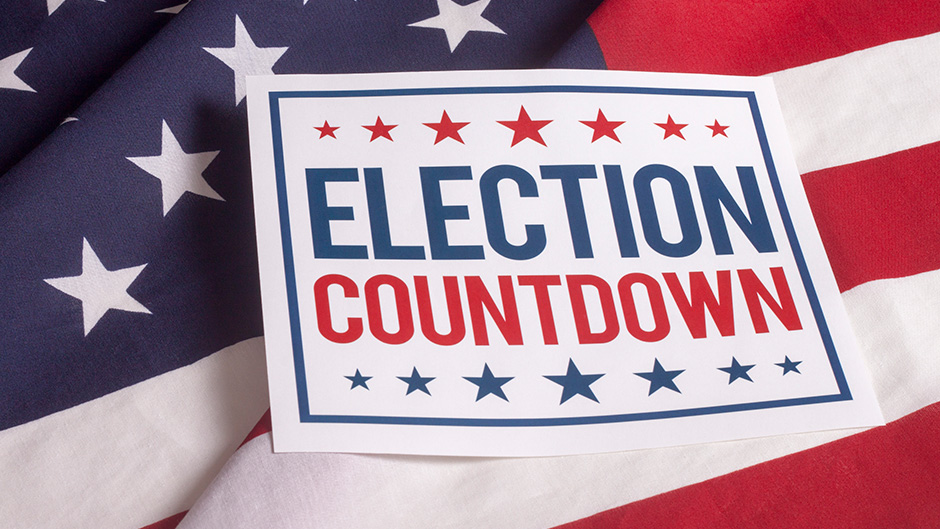A Presidential Debate can either make or break a candidate. It is a forum that offers voters a live window into the candidate’s general knowledge, temperament, intelligence and leadership style. It often can also be daunting and nerve-wracking for the participants.
During the now famous 1960 Richard Nixon-John F. Kennedy debate, the candidates’ appearance before the television cameras were so jarringly different – Kennedy looked youthful and healthy, while Nixon looked gaunt and tired – that the advantage went to Kennedy even though Nixon had more experience.
 |
| David Steinberg |
The upcoming Presidential Debate on September 26 at Hofstra University, between Democratic candidate Hillary Clinton and Republican candidate Donald Trump, promises to be quite a showdown. Recent criticism of NBC reporter Matt Lauer’s performance during a forum of the two candidates puts in question the role of the moderator. NBC Nightly News anchor Lester Holt will be in the hot seat at Hofstra.
David Steinberg, senior lecturer in Communication Studies and director of debate at the University of Miami, believes that the debate will continue the theme we have seen during the campaign, a focus on attacks and accusations that may be encouraged by the moderators. This makes for “good television,” he said, but are not necessarily beneficial to the electorate, who will see this as further erosion of the political process.
“This election is a choice of the lesser of two evils,” Steinberg said. “The extent to which either candidate will be able to attract new support or restore lost legitimacy of the system will be their willingness to offer positive themes, narratives, and coherent policies combining to form an optimistic vision of the future.
“Remember,” he said, “one of these people will be the President, so the impact of the debates will continue after the election.”
Steinberg offers these tips for debate watching:
- Watch the debate with an open mind. Of course this will be difficult. Most people already know their preferences. But make up your conclusions about the debate unimpeded by the reactions or opinions of others. Remember that the debate will probably not change your mind, but it will offer opportunities for you to learn about important political issues. These issues are important no matter the candidate or office.
- Do not follow live social networking during the debate. This colors your perception of the debate and cheats you of your own autonomy. Good listening means hearing it out before reacting.
- Install an internal MUTE. Do not attend to insults, name-calling, glib generalities and fallacies, except as they discredit the user. Much, maybe most of the debate may be irrelevant to your assessment of candidates and issues. Try to balance your emotional reactions with logical and ethical appraisals.
- Recognize the complicity of the moderators. They may frame the debate so as to be confrontational or to put candidates on the defensive for the sake of intentionally generating heightened tension, or the opposite, they may fail to follow-up with questions that force the candidates to answer.
- Take notes. Really. Not verbatim, but enough to keep you focused. We pay better attention and learn and remember better when we take notes.
- Listen for your issues. Some things are more important to you than others, pay particular attention to how these are addressed.
- Be a critical listener. Resist being swayed by fact-inference fallacies, ad hominem attacks, straw persons’ arguments, and non sequiturs. (It’s worth looking these terms up, as they have been the most common form of argument in the debates so far.) Most importantly, listen for proof and appropriately specific information. Ethical arguers back up their claims with evidence and reasoning.
- Don’t believe what you hear just because they said it. Fact-check the debate after it’s over. Some good locations for fact checking are: www.factcheck.org, www.politifact.com, and www.washingtonpost.com/news/fact-checker. Politifact also offers a free mobile app called Settle It!

